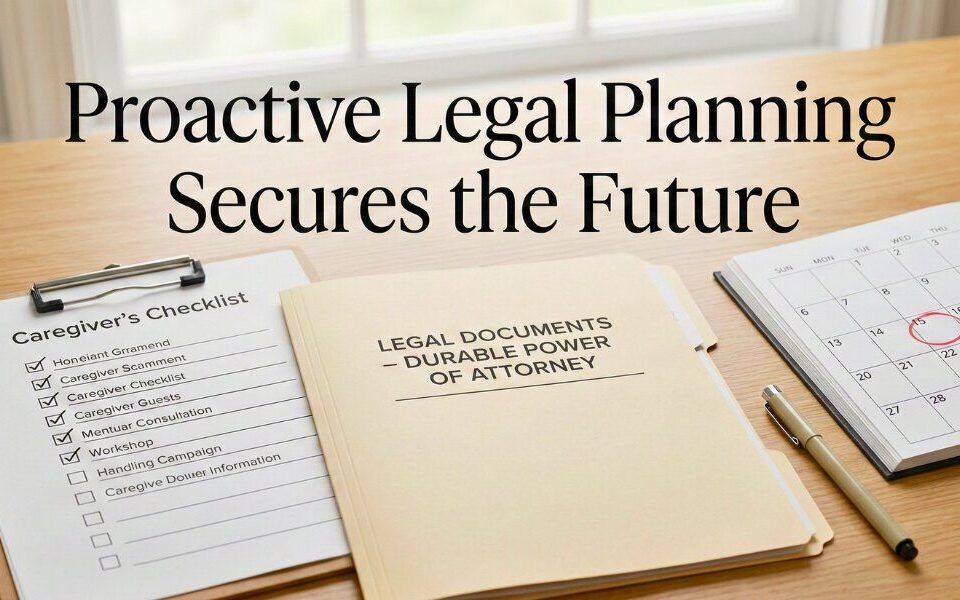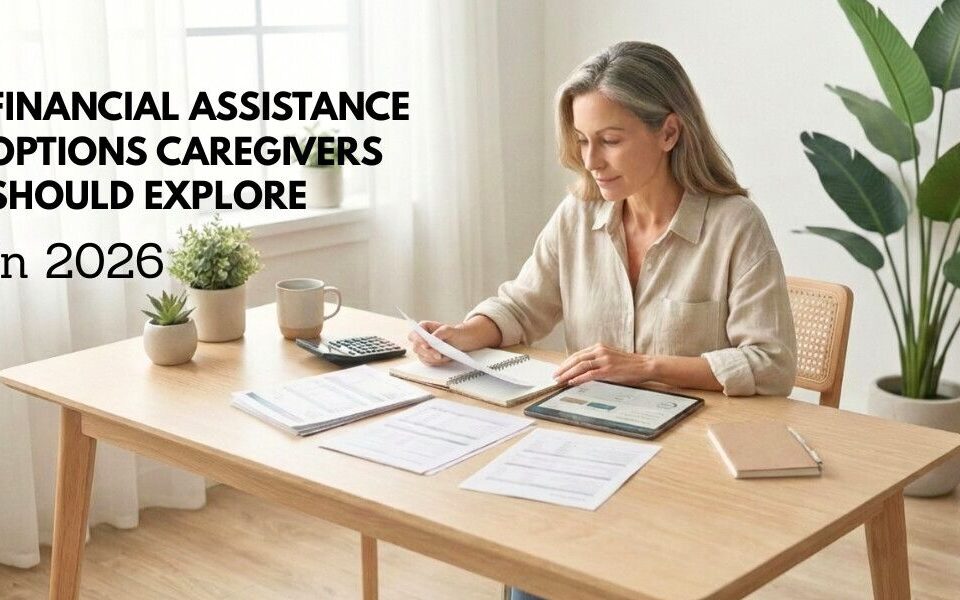An unpleasant reality is that some of our abilities may diminish with age. That might mean the individual loses the capacity to make important decisions. Florida residents might consider legal guardianship to address these issues. This post will cover the basics of legal guardianship in Florida.
Legal Guardianship in Florida
A guardianship is a legal arrangement in which the court appoints a surrogate to act on behalf of another individual. Minor children who have lost their parents may have a court-appointed guardian. Adults who cannot make decisions or handle their affairs may also need a guardian.
A guardianship can protect a senior’s health, safety, and financial well-being. The guardian is responsible for critical decisions, including medical care, living arrangements, and financial management.
Types of Guardianships
Not all adult guardianships are the same. Some guardianships are voluntary, while others are involuntary. With voluntary guardianship, an individual of sound mind may petition the court for guardianship. An involuntary guardianship involves a ruling of incapacity and the appointment of a guardian by the court.
There is also the difference between plenary and limited guardianships. A plenary guardianship is appropriate if the individual is incapable of managing any aspect of their life. However, a limited guardianship might be better if the individual can handle some but not all of their affairs.
Guardianship and Capacity
Determining incapacity plays a significant role in deciding whether guardianship is appropriate. An incapacitated person cannot meet essential health, safety, or financial needs without assistance. Upon filing a petition, the court will appoint an examining committee to assess the individual. The committee will have three members, and all members must have specific professional qualifications.
When to Consider Guardianship
It isn’t always easy to know when a senior needs the protection of a guardian. The following are some factors to consider:
- Healthcare Concerns: If your loved one has difficulty making healthcare decisions, it might be time to consider guardianship.
- Safety Issues: Some people may face increasing safety concerns as they age. It can be even more of an issue for seniors experiencing advanced cognitive decline.
- Financial Concerns: An older person may start having trouble managing their finances. Older people can also be targets for fraud.
- No Incapacity Planning: Proper incapacity planning might allow seniors to avoid guardianships. However, many older people only consider these issues once it’s too late.
Guardianships can benefit seniors under certain circumstances. A guardian can make crucial decisions about healthcare, housing, and finances, ensuring the senior’s needs. It can also protect their rights through court oversight, reducing the risk of exploitation and abuse. However, these are complex legal matters. Consulting an attorney can help you find the right path for your loved one.
Do you need elder law services in Florida? Click here to contact the Scott Law Offices. We can help with Florida guardianships, power of attorney, healthcare surrogacy, and more. Reach now to learn more about our services.
Thanks for visiting!




